Keywords: Nobel Peace Prize
-
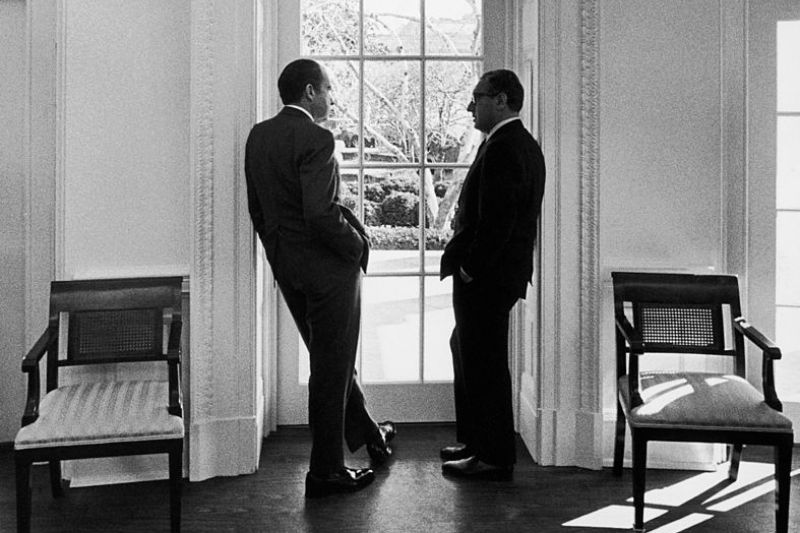
INTERNATIONAL
- Binoy Kampmark
- 06 June 2023
8 Comments
Former US Secretary of State Henry Kissinger continues to be a subject of fascination and controversy, with his role in statecraft garnering praise and criticism. Amidst the accolades and accusations, questions of justice and accountability remain as Kissinger reaches his centenary.
READ MORE
-
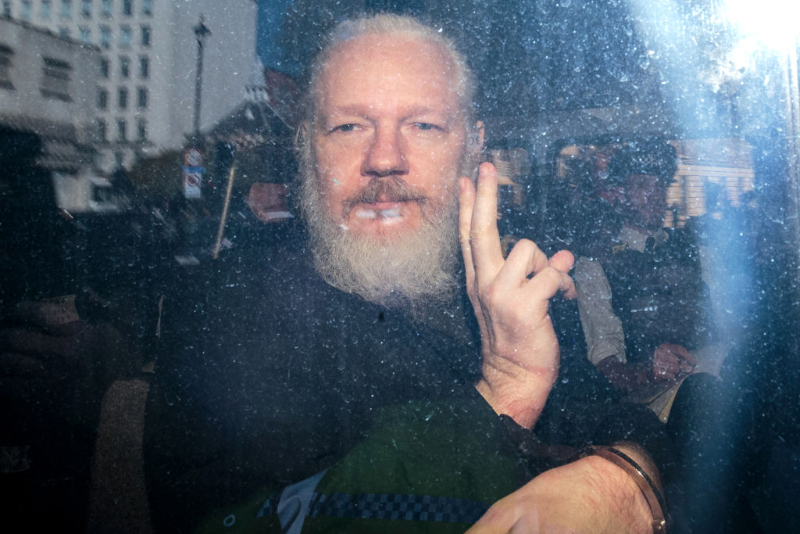
INTERNATIONAL
- Binoy Kampmark
- 16 December 2021
18 Comments
The legal pursuit of Assange is disturbingly unique not only for using an archaic law against a non-US national; it is also the first instance of an international application of it against a publisher. The law, if applied in the way suggested by the charges, criminalise the receipt, dissemination and publication of national security information, irrespective of motive. If the US Espionage Act 1917 were applied in this way, it would appear to subvert the free press provision in the United States Constitution.
READ MORE 
-
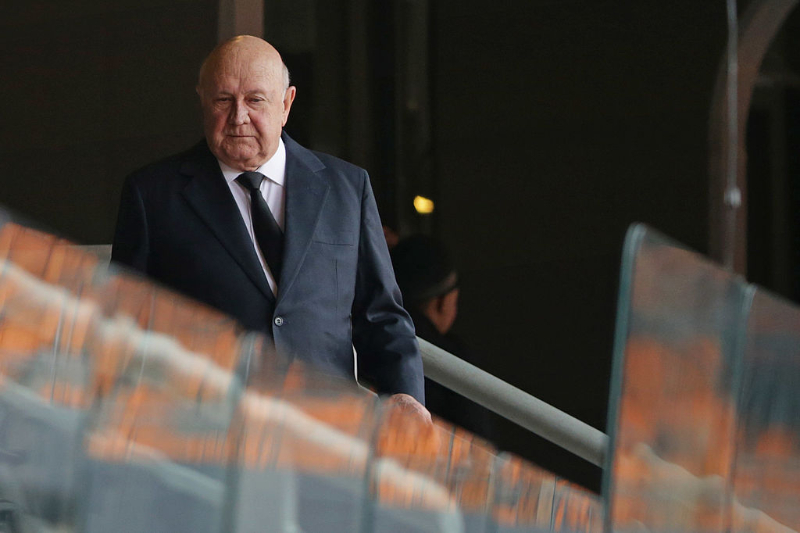
INTERNATIONAL
- Binoy Kampmark
- 23 November 2021
51 Comments
The passing of South Africa’s last apartheid president, FW de Klerk, raises pressing questions about a complex historical character who, according to his brother, Willem de Klerk, slowly outgrew apartheid. In a critical sense, he was bound, understandably, by both time and context: race, the need to defend a racial hierarchy, the historical role of a segregationist system that saw his all-white National Party retain power for decades.
READ MORE 
-
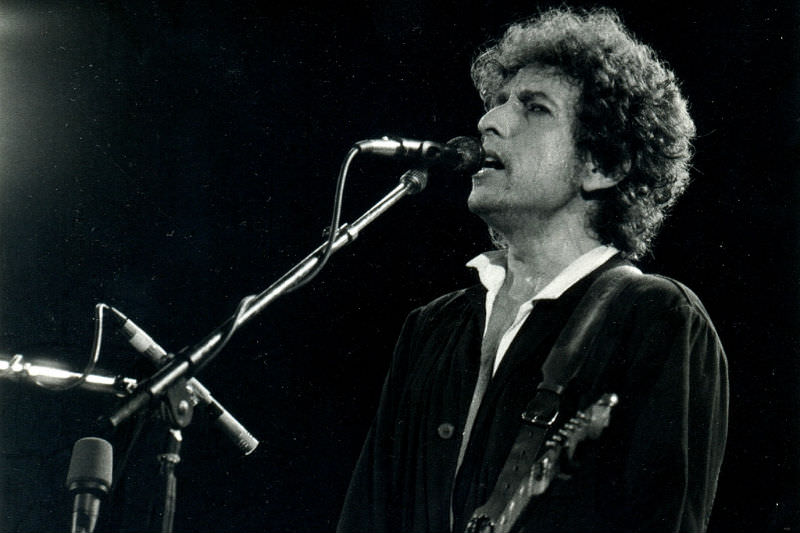
ARTS AND CULTURE
- Paul Mitchell
- 01 June 2021
11 Comments
Like the best religious poetry, Dylan’s works resists easy interpretation and remains open to endless meditation. Dylan’s overtly political songs — ‘Hurricane’, ‘Political World’ — and love songs — ‘Idiot Wind’, ‘Tangled up in Blue’ — have often been challenging. It’s the same with his religious output.
READ MORE 
-
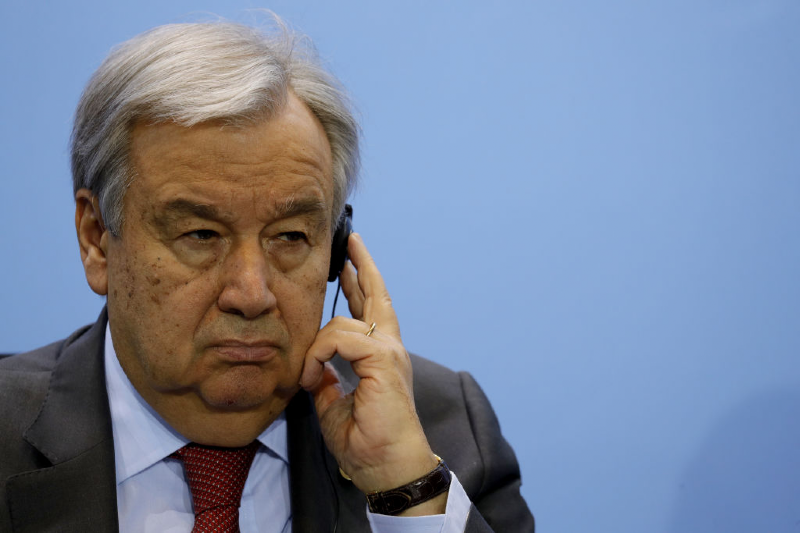
INTERNATIONAL
- Barry Gittins
- 22 October 2020
1 Comment
The UN describes itself as ‘a global forum where countries can raise and discuss the most difficult issues, including problems of war and peace’. Saving lives that would otherwise be taken in wars is the big-ticket item; the reason the body was formed. So, 75 years on, how would the UN be graded in terms of achieving those five tasks?
READ MORE 
-
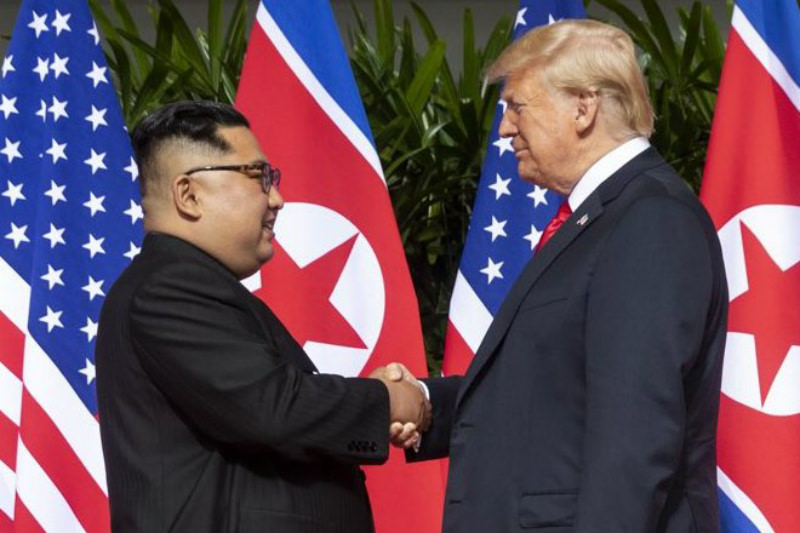
INTERNATIONAL
There is no basis for this claim that, if the summit and its outcomes had occurred under Barack Obama, some have argued, those on the centre left would be cheering. The reality is, the summit would never have occurred, because no other president would have made the concession of a meeting at all for no apparent gain.
READ MORE 
-
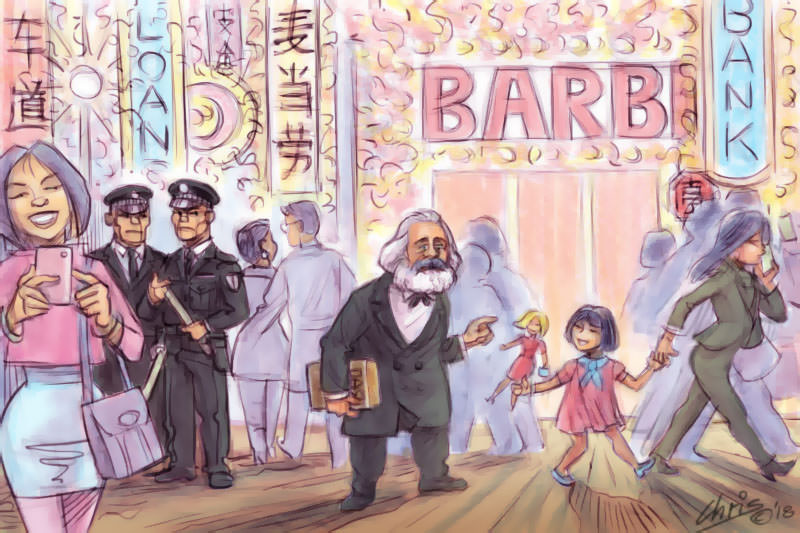
INTERNATIONAL
On recent the bicentenary of Marx's birth, Chinese President Xi Jinping declared that the Communist Party 'has combined the fundamental principles of Marxism with the reality of China's reform and opening up'. In reality China's economic system bears no resemblance to the revolutionary overthrow of capitalism advocated by Marx.
READ MORE 
-
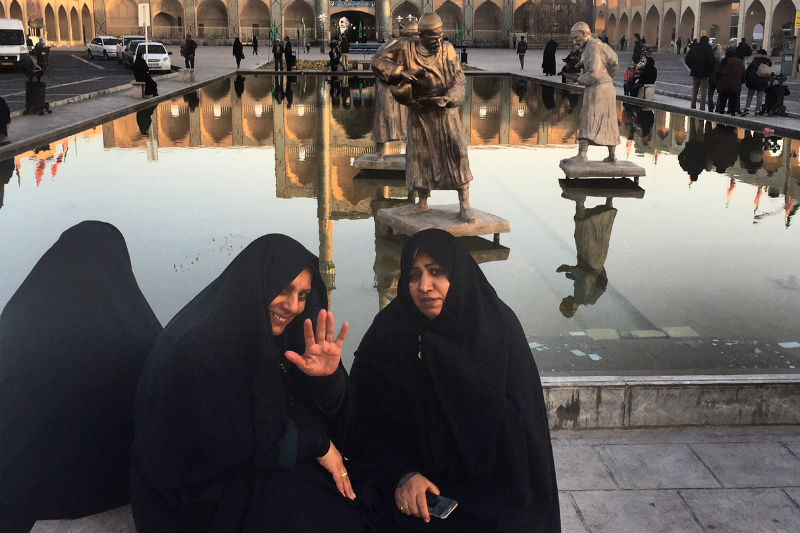
INTERNATIONAL
- Catherine Marshall
- 02 February 2018
1 Comment
Yasmin opens the book and runs a lacquered fingernail down its table of contents. 'How we can seduce a man and not fall in love,' she reads. Then: 'How we can learn to keep secrets from men.' Is the government okay with this? 'What can you do?' Yasmin shrugs. 'Everybody knows people fall in love, have sex. This is how life works.'
READ MORE 
-
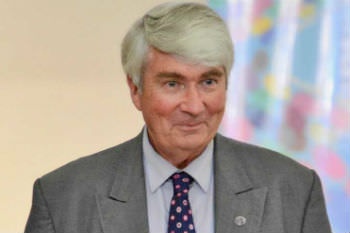
RELIGION
- Frank Brennan
- 31 January 2018
'The place of religious and comprehensive world views in legislating, ethical decision making, and good medical practice informed by prudential resource allocation' — Remarks by Fr Frank Brennan to first year medical students at the University of Notre Dame Australia, 30 January 2018.
READ MORE
-
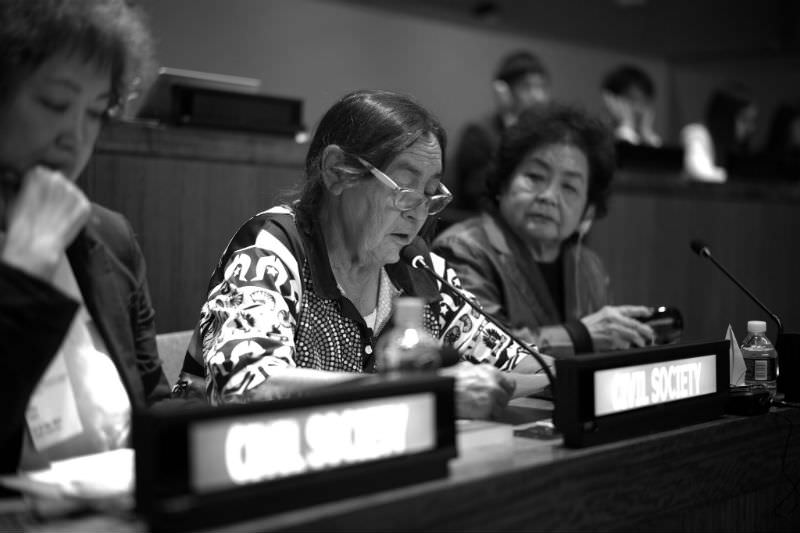
ENVIRONMENT
- Michele Madigan
- 16 October 2017
23 Comments
One of the naysayers following ICAN's receipt of the 2017 Nobel Peace Prize was Australian journalist Andrew Bolt. What was most shameful was his insulting of one of Australia's own nuclear survivors, the late Yankunytjatjara Elder and anti-nuclear advocate Yami Lester.
READ MORE 
-
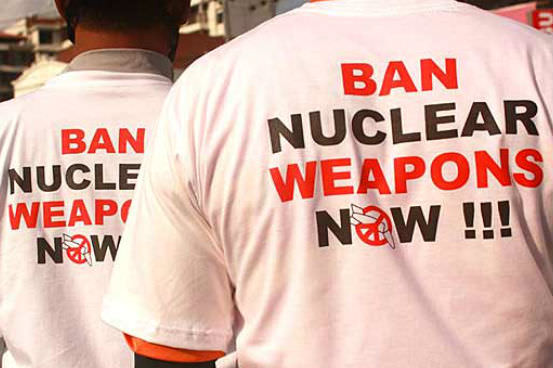
INTERNATIONAL
- Andrew Hamilton
- 10 October 2017
5 Comments
It is heartening that the Nobel Peace Prize went to an Australian initiated group pressing for nuclear disarmament. It is disheartening, though unsurprising, that the Australian government did not celebrate its achievement. Down under, deterrence is dogma.
READ MORE 
-
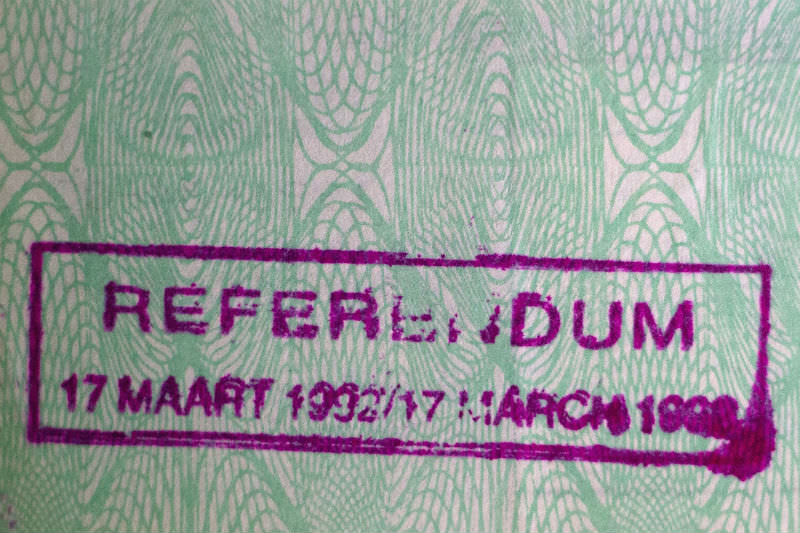
INTERNATIONAL
- Catherine Marshall
- 06 October 2017
3 Comments
One of the first votes I ever cast was the one in which I got to help decide whether a marginalised group of people should have the same rights as me. It was March 1992. I was a young, white, enfranchised South African working as a journalist. The referendum was one of the methodical steps taken by F. W. de Klerk in the dismantling of apartheid.
READ MORE 